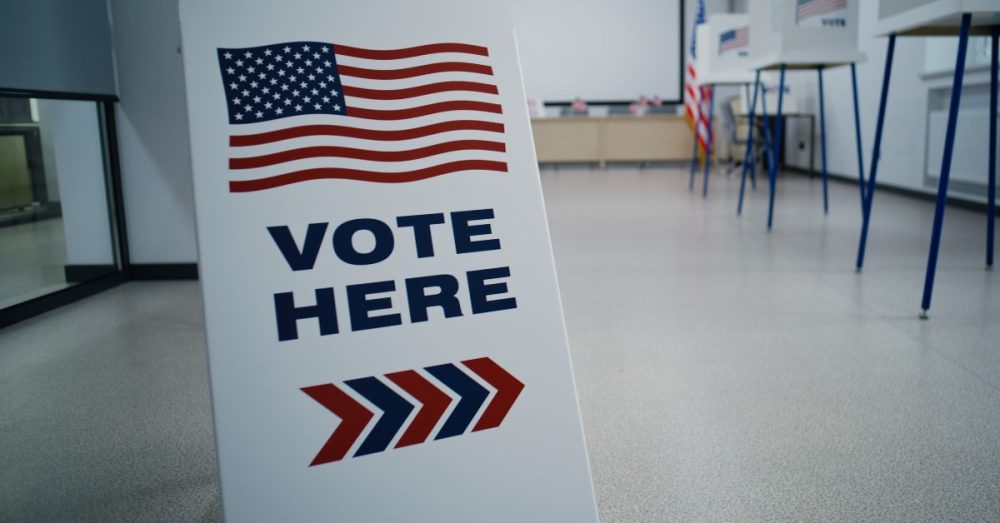Austin City Council has approved several charter amendments or placement on November’s ballot, one of which expands the council’s powers, a measure that contrasts with a proposed charter amendment in Dallas that would hold elected leaders accountable.
Austin residents will vote on 13 proposed charter amendments in November that were approved by their city council earlier this month, as reported by the Austin Monitor. Three of these proposals alter the city charter to purportedly benefit the city council.
Prop D would delete language that requires the city council to meet weekly. Prop E would allow the city council to change its meeting rules with an official vote. Prop I would allow the city council to appoint and remove the city attorney.
Some of the charter amendments in Dallas take a different approach, however.
One proposal, which stemmed from the bipartisan initiative Dallas HERO, would allow Dallas citizens to sue City leaders who refuse to abide by the charter or the Dallas City Code.
Pete Marocco, the group’s executive director, said Dallas residents expressed enthusiasm about efforts to hold leaders accountable when his organization obtained the requisite number of resident signatures on its citizen-led petition.
“This is big news for Dallas,” Marocco recently told The Dallas Express. “It’s going to be a noticeable change in 18 months [if the amendments pass].”
Dallas HERO has two other charter amendments that will be going on the ballot. One requires the City to add roughly 1,000 officers to the Dallas Police Department, and the other ensures the city manager’s pay will based on actual performance measurements tied to the delivery of City services.
Internal polling at Dallas HERO obtained by DX revealed that local residents said they would counter potential efforts by City leaders to manipulate the charter amendment process, by altering the charter amendment language on the ballot, for instance.
The poll revealed that 13% said they would take legal action, 42% would vote against such city council members, 15% would call, visit, send letters, or speak at city council meetings on the issue; 20% would initiate a recall, and 8% would organize community action. However, only 9% said they would do nothing, while 43% responded they would engage in all listed options. Respondents were allowed to select multiple options, which explains the percentage exceeding 100%.
Marocco said he was optimistic about the charter amendments passing.
“We’re confident, but I don’t want to be overconfident,” he previously told DX. “We still have a major campaign ahead of us that’s going to require votes, an informed public, and support. It’s absolutely essential that we approach this with all seriousness and roll up our sleeves. We’ve got some long months ahead of us to ensure people have the right information.”
It is unclear what kind of guidance Dallas City Attorney Tammy Palomino will provide Dallas City Council members on how to construct the ballot language for November, as previously reported by DX.

